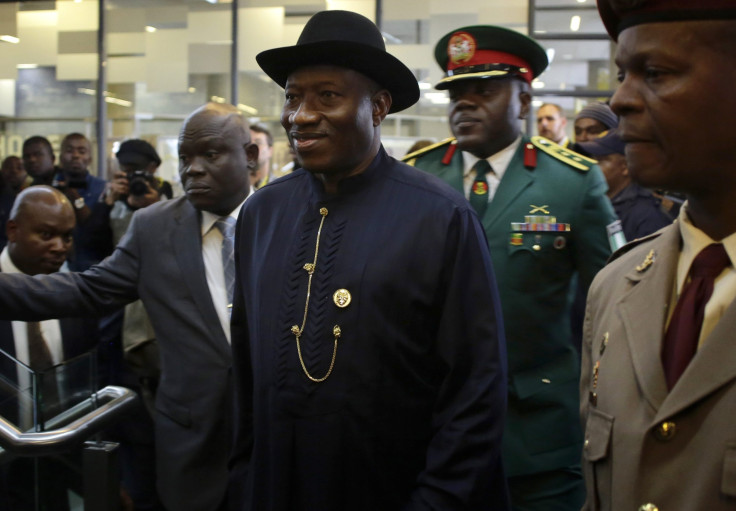Corruption In Nigeria Leaves 76% Of Crude Oil Revenue Unaccounted For, Says Central Bank Governor

The Nigerian National Petroleum Corporation (NNPC) has failed to repatriate $50 billion worth of crude oil revenue into state coffers according to a September letter to President Goodluck Jonathan from the nation’s central bank governor, released recently.
The central bank found that between January 2012 and July 2013 NNPC lifted 594 million barrels of crude oil valued at $65 billon and out of that amount NNPC only repatriated $15 billion, representing 24 percent of the value, but NNPC denies the accusations.
“This means the NNPC is yet to account for, and repatriate to the Federation Account, an amount in excess of $49.804 billion or 76 percent of the value of oil lifted in the same period,” Sanusi said.
The letter, from Mallam Sanusi Lamido Sanusi expressed disdain over a lack of oversight that allowed NNPC to accumulate billions of dollars between 2012 and 2013, as reported by Sahara Reporters Tuesday. “Your Excellency, you will recall that as far back as late 2010, I had verbally expressed deep concern about what appeared to be huge shortfalls in remittances to the Federation Account in spite of the strong recovery in oil price,” Sanusi wrote to President Jonathan.
With a population of 163 million, Nigeria is Africa’s most populous country. Politically, it functions according to a system of multiparty democracy with general elections every four years.
But corruption has long impeded progress in this oil-rich West African nation. A 2012 Gallup poll found that a whopping 94 percent of citizens thought corruption was widespread in their government, which makes Nigeria the second-most corrupt country on Earth after Kenya, according to public perception. The latest annual transparency ranking from Transparency International gives Nigeria a score of 27 out of 100, which is comparable to Azerbaijan and Pakistan.
Nigeria does have some assets working in its favor. It is the largest crude producer in Africa, and oil revenues tend to account for more than 80 percent of yearly national income. In 2011, gross revenue from crude exceeded $55 billion. In total, the country has a gross domestic product of about $236 billion.
“As banker to the Federal Government and Economic adviser to the President, I am obliged to draw the President’s attention to these serious issues of which you have most probably never been aware in this detail,” Sanusi said.
Towards the end of the letter Sanusi gave recommendations to the President:
* Require NNPC to provide evidence for disposal of all proceeds of crude sales diverted from the CBN and the Federation Account;
* Investigate crude oil lifting and swap contracts, as well as the financial transactions of counter-parties for equity, fairness and transparency; and
* Authorize prosecution of suspects in money-laundering transactions, including but not limited to BDCs who are unable to account for hundreds of millions of dollars.
© Copyright IBTimes 2024. All rights reserved.





















